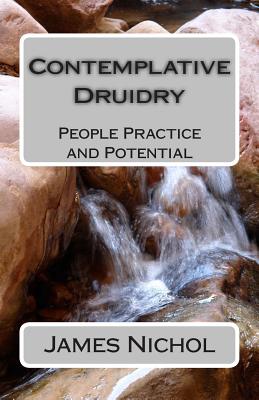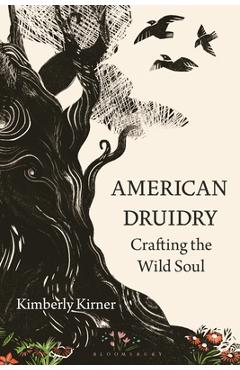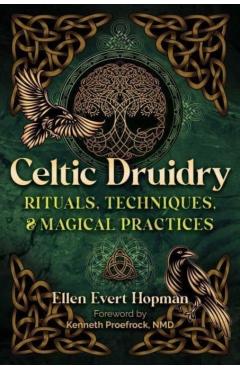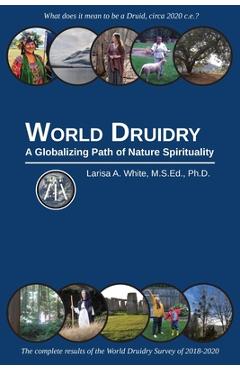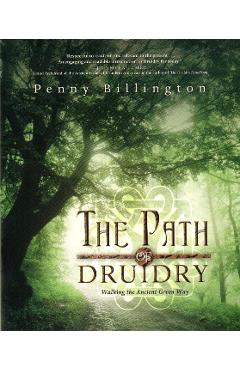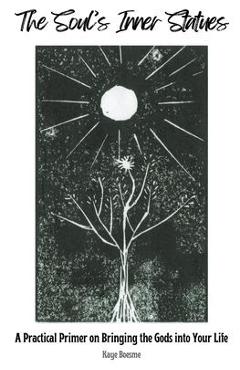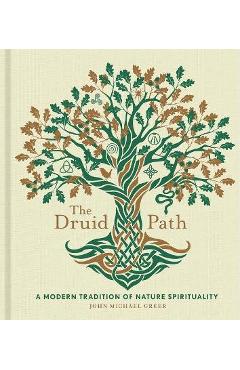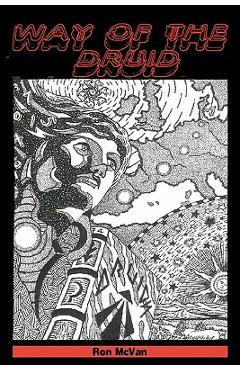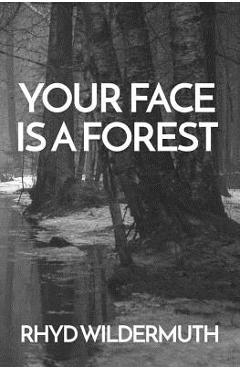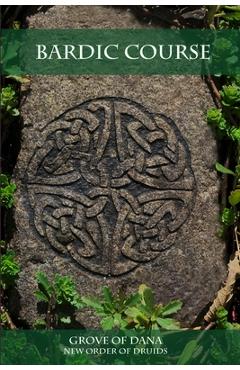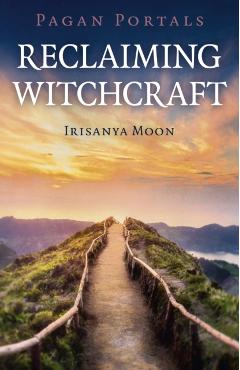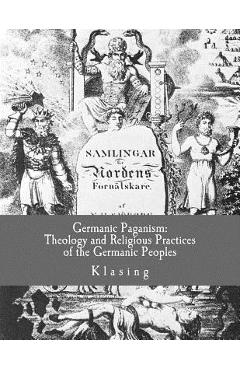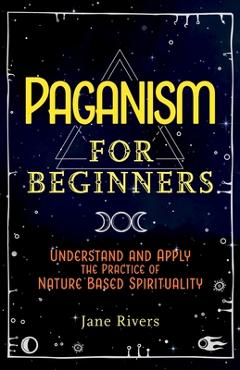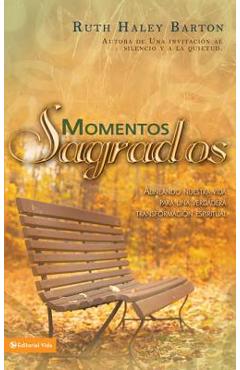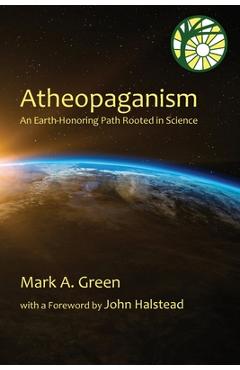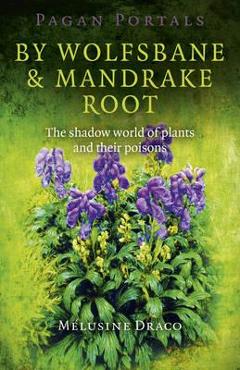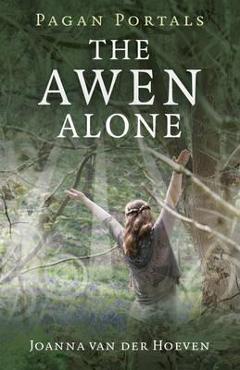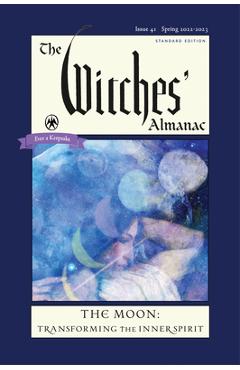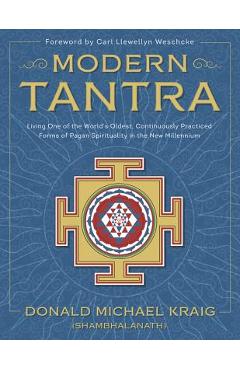Contemplative Druidry is an evolving aspect of modern Druidry. Rather than talking in purely abstract terms, this book focuses first on the experience of people practicing contemplative Druidry now. Only then does it look at the bigger picture and draw conclusions for the developing spirituality of modern Druidry as a whole. 'Contemplative Druidry' takes the five months of March-July 2014, and offers a snapshot of how 15 practitioners of Druidry in England today understand and practice contemplative Druidry, and why they value it. Responding to a set of questions either in live interviews or through written responses, they describe both what contemplative Druidry means to them personally, and how they see it fitting in to the context of Druidry as a modern pagan spirituality. In this way 'Contemplative Druidry' acts as a contemplative inquiry, with many voices offering perspectives on contemplative Druidry, its place within Druidry as a whole, and its wider contribution to the development of modern spirituality, particularly within pagan traditions. The contributors, in alphabetical order of first names, are: David Popely, Elaine Knight, Eve Adams, JJ Middleway, Joanna van der Hoeven, Julie Bond, Karen Webb, Katy Jordan, Mark Rosher, Nimue Brown, Penny Billington, Robert Kyle, Rosa Davis and Tom Brown. In his introduction, the author describes the experience which led him, already a practising Druid, onto a more contemplative path. He talks of how he turned outwards to his own community, as well as inwards to his personal practice, and brought together a group dedicated to developing a practice of contemplative Druidry in Gloucestershire, England. The book is in many respects a fruit of this work, and 11 of the 15 contributors are involved in the group. The other four are independently engaged with contemplative and meditative practice in Druidry, and agreed to be part of the book. The main section of the book is divided into three parts. The first is about the people involved - their childhood spirituality, their histories of questing for a spiritual practice and home that made sense, and their commitment to Druidry as an identity and set of values. The second is about practice - formal sitting meditations, ways of contemplative engagement with nature, forms of group practice, contemplative arts, and having a contemplative stance in every day life. The third is about potential - what the practice of contemplative Druidry can do for the individual and its
